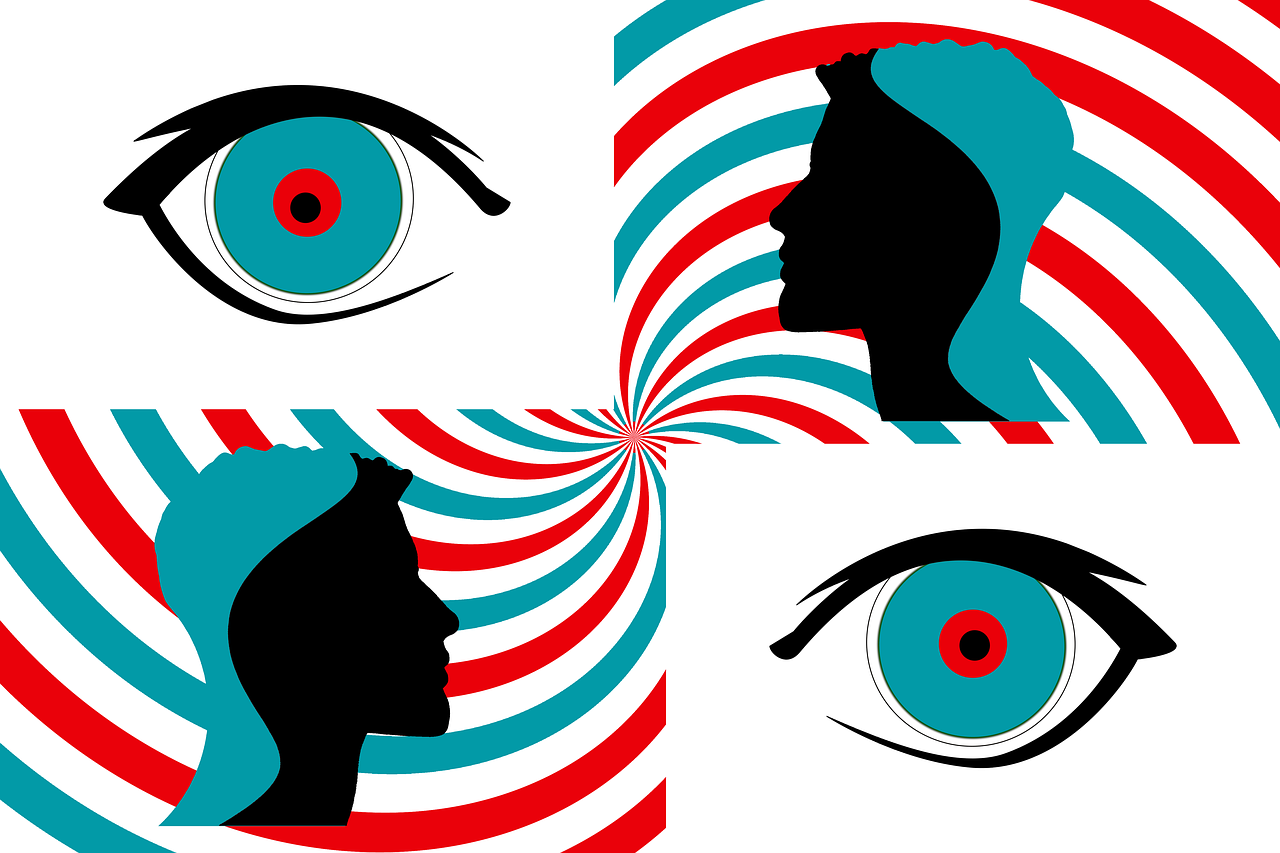
Blog
Cognitive Reappraisal
Cognitive reappraisal involves changing how a person thinks about, or appraises, a situation. This can be particularly helpful when dealing with a stressful or distressing situation…
How To Master Your Mind
We have little control over the thoughts that pop into our minds but we can learn to change how we relate to our thoughts.
Depersonalization-Derealization Disorder
Depersonalization is focused on yourself, and derealization is focused on the external world. Both experiences can include a sense of emotional detachment, feeling numb, or feeling distressed or confused.
CBT for ADHD in Children and Adults
CBT can help people with ADHD develop and practice long-term coping skills that can improve their daily functioning and quality of life.
Parent Mental Health and The Negative Effects on Children
There is a connection between the mental health of a parent, or primary caregiver, and a child.
What Are The Benefits Of Group Therapy?
Research has shown that group therapy is effective at treating a variety of concerns such as anxiety and depression.
Initiative vs. Guilt
People with higher levels of initiative may feel more empowered and in control of their daily lives whereas people with a high level of guilt may lack confidence, experience low self-worth, and have greater difficulty setting and accomplishing goals.
Dating With a Chronic Illness
The challenges of dating can be amplified when you're living with a chronic illness or disability.
CBT for Perimenopause and Menopause
Cognitive behavior therapy (CBT) is an evidence-based form of psychotherapy that can help manage perimenopause and menopause symptoms such as changes in mood and sleep difficulty.
False Memory OCD
False memory OCD is a subtype of OCD where a person experiences intrusive worries/doubts about their memory and then engages in compulsive behaviors aimed at neutralizing the anxiety they feel.
The Hedonic Treadmill
The hedonic treadmill, which is also known as hedonic adaptation, is the idea that people have a set level of happiness, and after increasing or decreasing in response to life events, happiness tends to return to the set level.
Prolonged Exposure Therapy
Prolonged exposure therapy (PE) is a specific type of cognitive behavioral therapy for trauma that teaches clients to gradually approach their trauma-related feelings, memories, and situations.
Stop Shoulding on Yourself
"Should thoughts" can create unrealistic expectations and a sense of pressure. Values based behavior that is not based on what sounds good or what someone else says creates more motivation. The next time you act or set a goal, check that expectations are realistic, balanced and based on your values.
Procrastination
Procrastination can lead to stress and missed deadlines. Learn how to stop procrastinating with simple strategies like the 5-Minute Rule and task breakdowns.
Unhelpful Thinking Styles
Unhelpful thinking styles, like catastrophizing or overgeneralization, can distort perceptions and amplify distressing emotions, affecting mental well-being.
Main Character Syndrome
Main Character Syndrome (MCS) describes the tendency to view yourself as the main character, often neglecting others’ needs, which can harm relationships and authenticity.
What is EMDR Therapy and How Does It Work?
EMDR therapy uses bilateral stimulation to help reprocess traumatic memories, promoting emotional healing and mental well-being. It is effective for treating PTSD and other trauma-related conditions.
The Fire Alarm of Anxiety
Anxiety often “misfires” and tells us there is a threat or danger in the moment when there is not. Learn to manage this reaction more effectively.
Cut Out Catastrophizing
Catastrophizing is thinking the worst possible outcome will happen and is related to anxiety and depression.
Managing Holiday Stress
The holidays – and life itself – provide us with many opportunities to manage stress and build resilience.




















